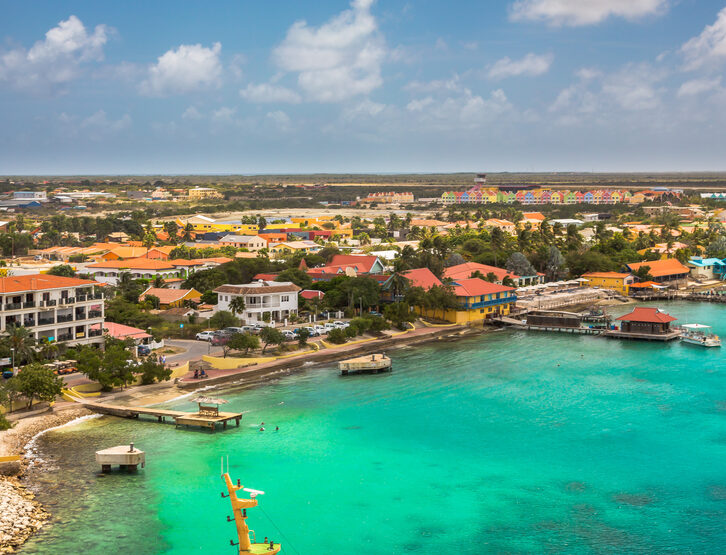Council of Europe says “bon biní” to Papiamento

Papiamento, a language spoken in the islands of Aruba, Bonaire and Curaçao, has been given the same status as Frisian as a European minority language, by the Council of Europe.
Both languages now fall under the so-called part III status of the Charter of Regional and Minority Languages, which promotes European minority and regional languages in public life.
Like Frisian, Papiamento will be “anchored” in education, the media, at government level and in society as a whole. All three islands are former Dutch colonies and now have “special municipality” status.
Although Papiamento is spoken in Aruba and Curaçao as well, the new status only applies to Bonaire, with 8,000 native speakers out of a population of 24,000.
Papiamento has been the official language in schools, media outlets and government communications, next to Dutch, since 2007. Its new status will secure its position and encourage its development, officials say.
In Europe, some 60,000 people are thought to speak Papiamento.
The announcement comes as the Dutch province of Limburg is considering applying for the same status for Limburgs.
The Council of Europe has long urged the Netherlands to do more to protect Limburgs and efforts by local language organisations, and local authorities to petition the promotion the language from its current lower part II status mean this may now happen. A final decision by the provincial authorities on the matter is expected in April.
“Limburgs is as much a part of our identity as Frisian is for the Frisians, and Papiamento for speakers of that language,” organisation Hoes veur ‘t Limburgs said. According the language organsations, over half of Limburgers speak Limburgs at home.
However, a higher status is not always a guarantee for its protection. Last year, the Council of Europe said it was “concerned’ Frisian was not getting the protection it deserved under the charter, citing inconsistent policies regarding name signs and the unequal status of the language in some local councils. It also said it was worried about the lack of Frisian teachers.
Thank you for donating to DutchNews.nl.
We could not provide the Dutch News service, and keep it free of charge, without the generous support of our readers. Your donations allow us to report on issues you tell us matter, and provide you with a summary of the most important Dutch news each day.
Make a donation